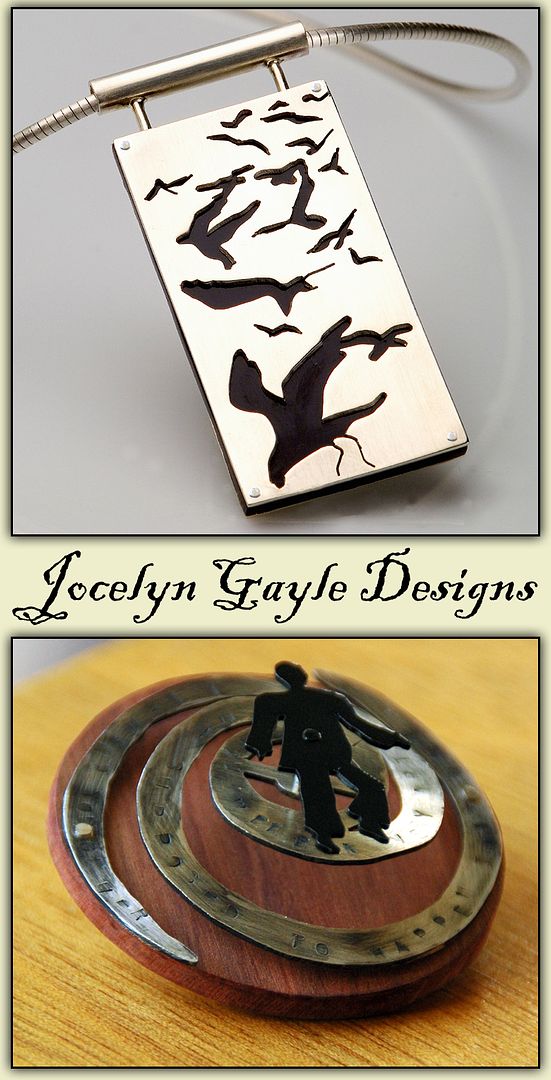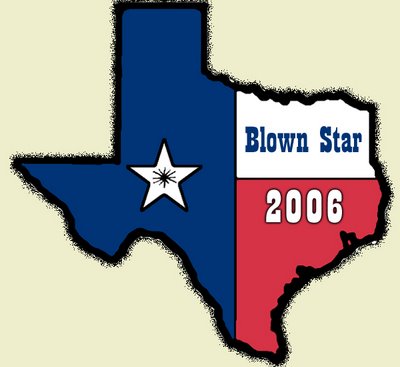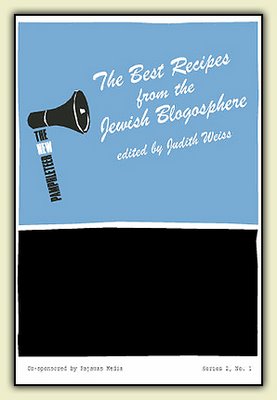Or in ancient Persian, shah mat. Checkmate.
Chess is one of the oldest board games in existence, but my own exposure to the game dates back just a little over thirty years, to my early days at the Great Corporate Salt Mine.
As a child I had never learned how to play chess. I didn’t know too many people who played, and, quite frankly, the game always seemed to be too complicated for me. All of those pieces, with their complex and exotic moves, seemed to me to be beyond my grasp.
All of that changed when I started work at the Great Corporate Salt Mine.
My early days in the Mine were spent in Baytown, Texas, a refinery town hard by Galveston Bay. The building in which I worked was a vintage research center, the lunch facilities of which consisted, at the time, of a single small room in the basement in which there were placed some tables, chairs, and vending machines. If you wanted Vending Machine Fare, you could dine on dried-out tuna fish sandwiches, yogurt, or microwaveable sausage biscuits: real gourmet stuff. If that was not to your taste, you could brown-bag it...and if that was beneath you, the only other alternative was to get in your car and go to one of the fine local Dining Establishments. The Brisket Bar-B-Q and El Toro were pretty much all there was.
My typical lunch was a sandwich or can of sardines brought from home, along with a piece of fruit, wolfed down in the company of my fellow Chemical Engineers.
Lunch protocol was uncomplicated. You went down to the basement at noon, and you left at 1:00 pm sharp. One hour. And it’s during that one hour lunch break that I first learned the mysteries of the chessboard, for, as it turns out, almost all of the other guys played chess at lunch.
Because of the time limitation, matches were fast and furious. Often, people brought their chess clocks, playing rapid-fire games that were over in thirty minutes or less. One guy had even built a chessboard on a lightboard, with a built-in timer that would turn the light on and off at ten-second intervals, indicating the time you had for your move. Only the most reckless or skilled would dare to use this Blitz Chess board.
Initially, I would watch the other players, having no idea what was going on. It was only a matter of time before one of my friends began teaching me the game so that I could join in...or at least kibitz intelligently.
First, I had to learn what the pieces were and how they moved. Bishops, Rooks, Knights, Pawns. King and Queen. Each with its own powers, each with its own value.
Then, over time, my mentor taught me tactics and strategy. Pins, skewers, and forks. Discovered attacks. Multiple attacks. How to control the center of the board. How to develop the pieces so that they had maximum effectiveness. How not to waste time with useless moves. How to win.
And then, gradually, I began to play.
At first, of course, I got my ass handed to me regularly. Humiliating defeat after humiliating defeat. But, after months of banging my head against the Wall o’ Superior Abilities ’n’ Experience, I started to win a few games.
And one day, I was able to beat my mentor.
Chess, as many of my Esteemed Readers know, is nothing less than a game of war, played in miniature. Your objective is to put your opponent’s King into a position where he cannot escape from mortal danger – checkmate - at which point the game is over. (Really good players never let themselves get checkmated: when they see that it is inevitable, they resign, often turning their King on its side.)
Winning material is good, but not essential – while having superior forces is helpful toward forcing an outcome, it’s possible to win a game of chess in only two moves, without having captured any enemy pieces. (But only if your opponent is a complete numbskull. They don’t call it the Fool’s Mate for nothing.)
Chess is a game in which there is no secrecy and no element of chance. The pieces are on the board for everyone to see, and there are no dice or cards. Only your intelligence and knowledge guide your moves...and those of your opponent. Compare this to poker, where there is secrecy (you don’t see your opponent’s cards); chance (the cards are dealt at random); and skill (knowing when and how much to bet, when to fold, when to bluff). Or to craps, where there is no secrecy and the outcome is purely determined by chance. Each type of game has its attractions, but chess appeals strongest to people who want to play a game of mind versus mind.
Ahh, you may say, but it’s still just a board game.
True: it is “just” a board game. But what a board game! There is nothing like the adrenaline rush of a good chess game. Remember, you are fighting a war, and there is something about war, even in miniature, that connects directly with our lizard-like hindbrains. There is no satisfaction (outside of sex or good food) that is quite like the feeling you get when you execute a sharp combination, or when you slowly grind your opponent down and crush his nuts into butter.
This ain’t no touchy-feely game. It’s war, and it makes Monopoly and Risk look like Go Fish.
I don’t play much chess these days – it takes time to do it right, and, quite frankly, I’m out of practice. But once in a while it’s nice to take those pieces out.
Nut butter, anyone?
Subscribe to:
Post Comments (Atom)




















No comments:
Post a Comment